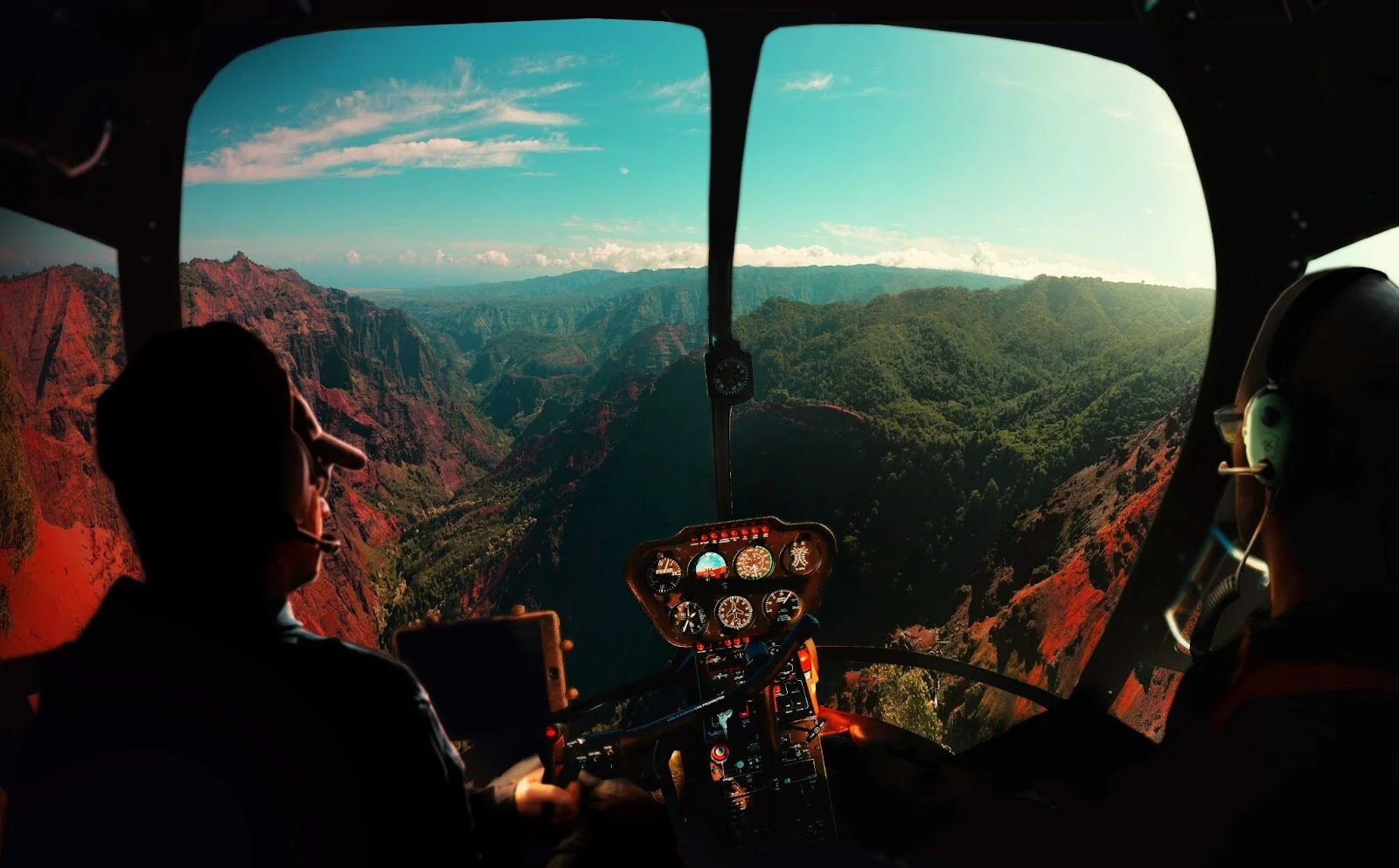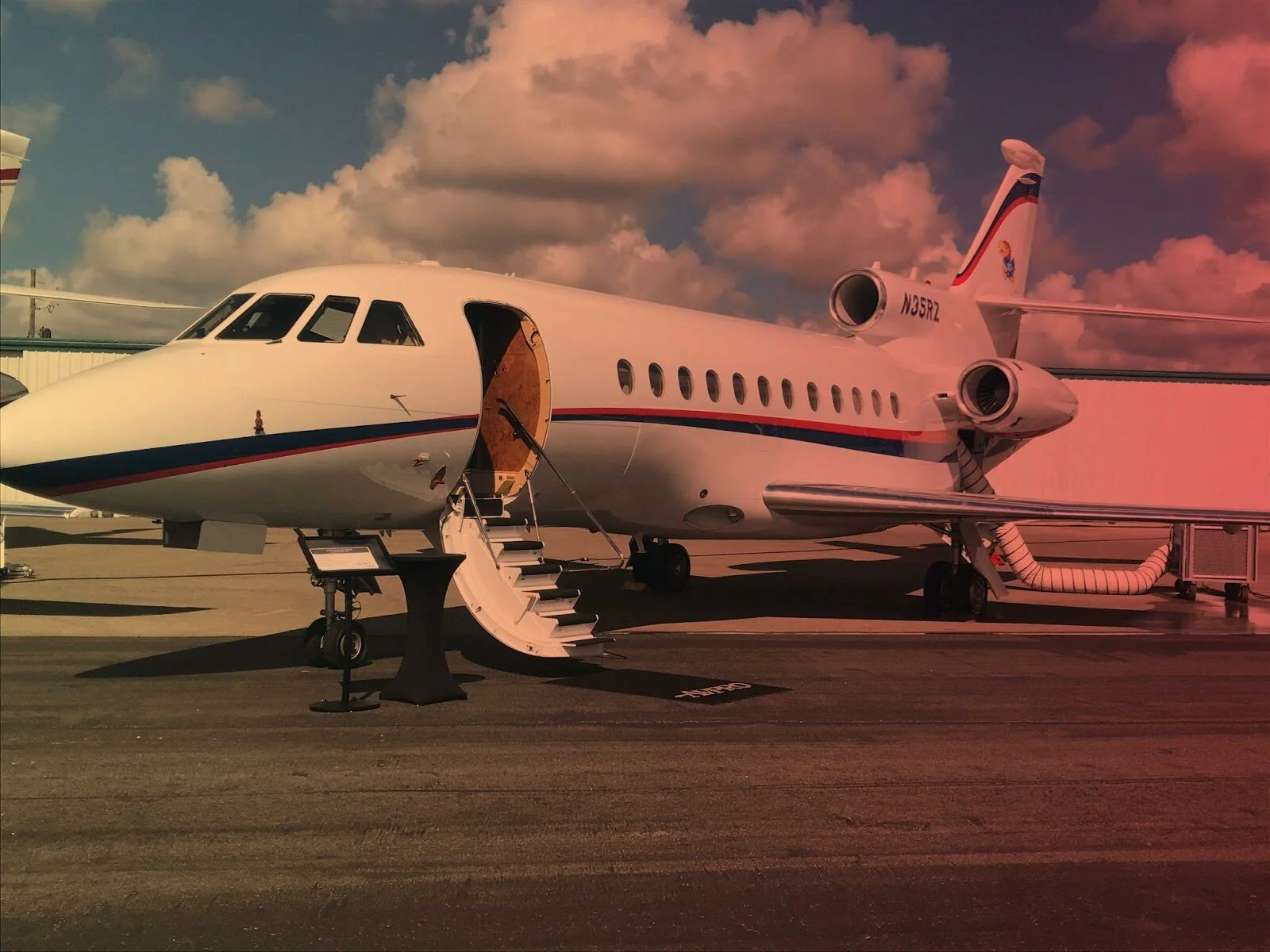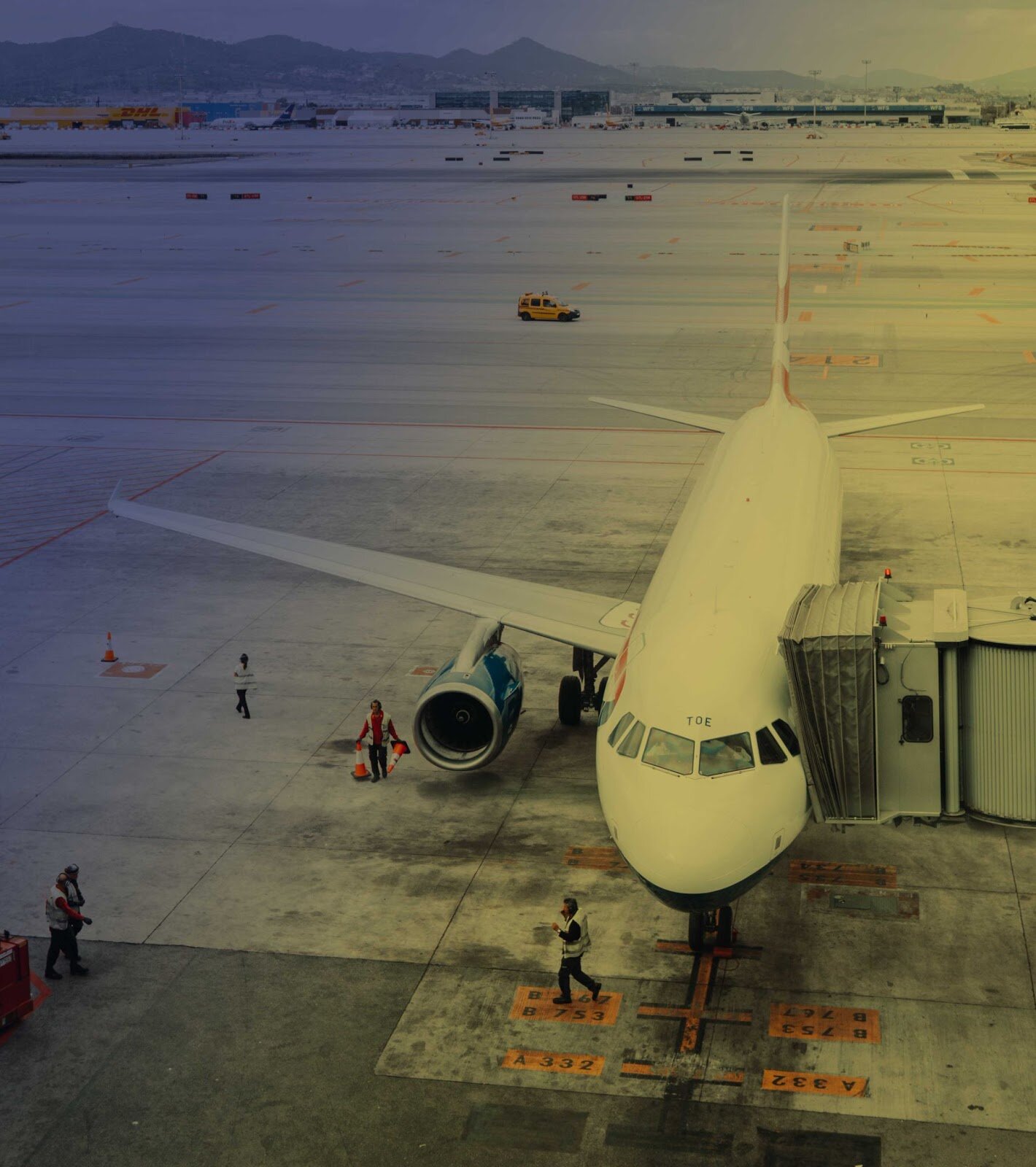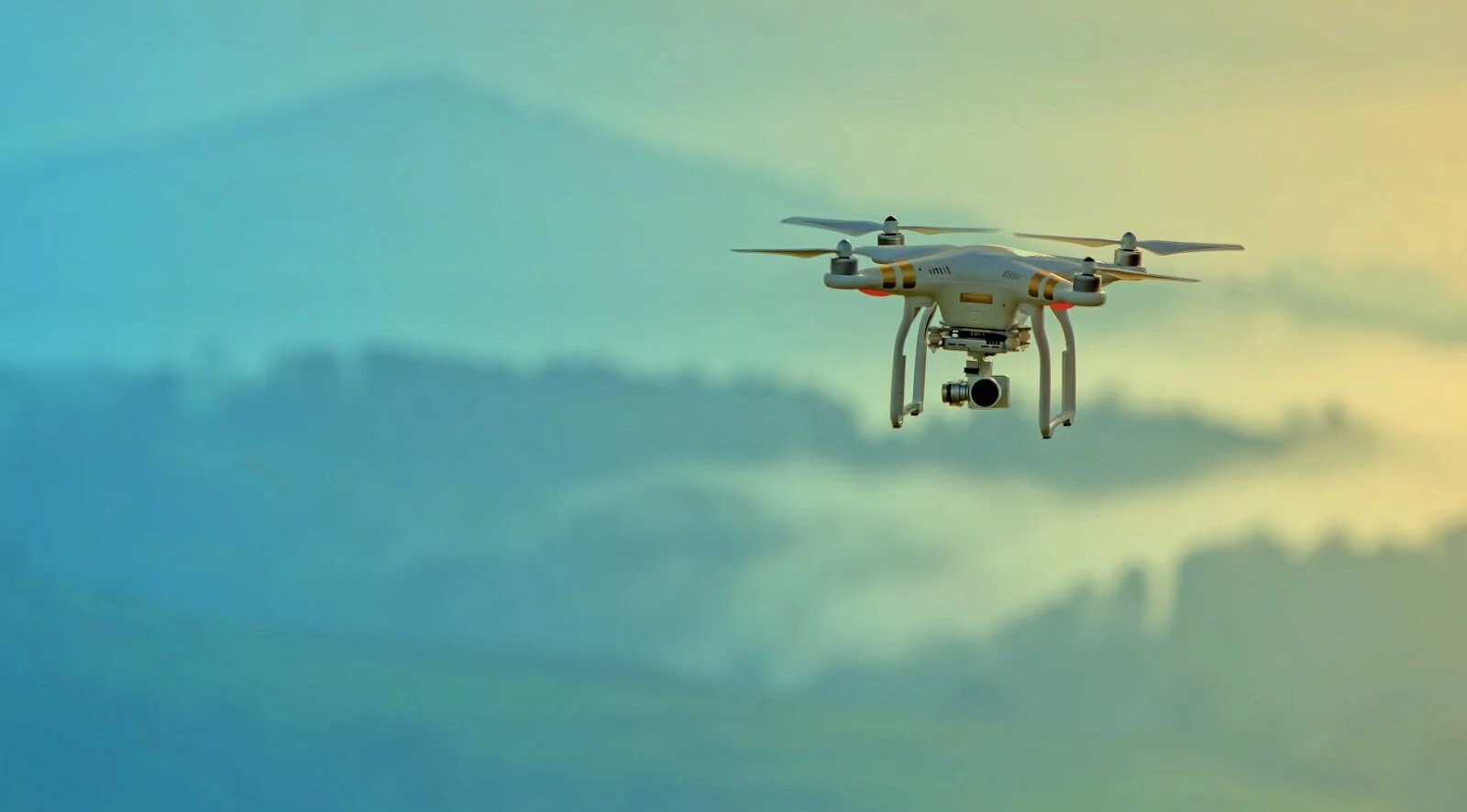CAREERS IN AVIATION
A global industry that specialises in connecting the world.
Aviation is an extremely diverse industry, with a multitude of commercial, military and industrial routes available.
There are countless directions it can take you in!
Have you thought about any of these roles?
A look into some career directions...
Air Tour Pilot: This involves flying a plane or helicopter for tourism tours, giving tourists an aerial view of where they’re visiting, or dropping them off at a remote location. The route is already pre-planned in this role, as it’s designed to give passengers the best views from all around.
Skills needed include being able to operate an aircraft, navigation skills and skills in emergency procedures such as repairs. As this role is working closely with people, excellent communication and customer service skills are required.
Occasionally, air tour pilots are also required to act as a tour guide by explaining the sites, as well as flying the plane. This is where those good communication skills come into play as well as being able to multitask - you are still flying a plane after all!
It’s important to be able to explain and describe the sites in an easy to understand manner, whilst keeping it entertaining for the tourists.
A commercial pilot’s license is needed for this job, which involves 250 hours flying practice on top of a written exam. It seems that experience in other roles such as a commercial pilot or certified flight instructor might help you to secure this job.
250 hours may sound like a lot but when you think about it, it’s actually only around 10 days of flying - which sounds mad when put like that doesn’t it!
Private Jet Flight Attendant:
A role as a private jet flight attendant definitely seems glamorous. Getting to experience travel while serving champagne and caviar to countless VIPs sounds luxurious to say the least. Like other aviation jobs, this competitive role requires dedication as well as putting in the time and effort.
You might think that this role is the same as a commercial flight attendant, but you don’t actually need a history of commercial aviation to work in private aviation. Many successful private jet flight attendants come from backgrounds of roles such as executive assistant, personal chef and high-end service at exclusive restaurants.
Many say that working on a private jet is very similar to working on a luxury yacht. I suppose the main difference is that one is on water and the other in the sky. I’ll leave it to you to decide which you’d prefer!
It’s not all complete glitz and glamour though, jet flight attendants also have to do the more mundane of tasks. Such as cooking, cleaning, making beds, setting up the cabin to the clients needs whilst striving to always go above and beyond, exceeding their expectations.
Air Traffic Controller:
Responsible for giving information and advice to pilots, ensuring they take off and land safely and timely. Whether that’s as an area controller, approach controller or aerodrome controller.
This role is potentially the most essential out of all. With the safety of everyone (including the pilot) onboard, in your hands - this sounds like a pretty accomplishing job.
So if working behind the scenes is more of interest to you, keep on reading.
You can land yourself in this industry by starting off with an air traffic controller apprenticeship or trainee scheme, or a similar role through the armed forces such as The Royal Navy or Royal Air Force.
Meaning you could be based working at an airport or in the military services!
For a higher or degree apprenticeship you’ll need 4 or 5 GCSEs at grades 9 to 4 (A* to C) and A levels or equivalent. The skills needed for this role includes; knowledge of transport methods, costs and benefits, concentration skills, thinking and reasoning skills, excellent communication skills and to be able to use a computer and the main software packages confidently.
But that’s not all though ...
You may be wondering, how can I progress in this role?
You’ll be happy to know that with the gained experience, you could move into training and assessing new controllers, become a supervisor or unit manager, or move into operations management.
UAV/Drones:
This rapidly growing industry, predicting hundreds of thousands of jobs in the UAV field is expected to take over the job market in the upcoming years. Including cinematography, aerial photography, mapping and modelling. Not to mention drone development and manufacturing too.
Education in aeronautical engineering, robotics and mechanical engineering are typically required, but starting out with an internship is equally as recognised. Drone companies such as Coptrz and Airobotics look for Aerospace Software Engineering as well as Aeronautical Engineers.
As you can see there are multiple ways of getting into this industry.
There are many companies across the globe who specialise in this field, if working abroad is something you’re interested in doing. But it's worth mentioning that Coptrz and Airobotics are UK based brands.
We haven’t left out apprenticeships and degrees though, don’t worry.
Companies like Rolls Royce and BAE Systems both have apprenticeships in aerospace software engineering - a great way to get that relevant hands-on experience.
Applicants are expected to have qualifications worth 96 UCAS points at A level or equivalent, plus 5 GCSE grade 4 or higher.
Also a lot of universities offer aerospace engineering degrees, with top universities requiring around 160 UCAS points and lower end universities requiring somewhere between 112-128 UCAS Points. The length of this course is 3-4 years, 5 years for a masters, with a year in industry as well being super beneficial.
Told you it was diverse didn’t I.
Whether you decide to go into piloting, private jet services, air traffic control, or the drones field - It is sure to be a thrilling experience!
We hope you enjoyed this post and learnt something new.
Don’t hesitate to get in touch if you have any questions, need more info or would like some advice with your career search. We are here to help.
AUTHOR: GRACE MCGRATH - DIGITAL RESEARCHER




